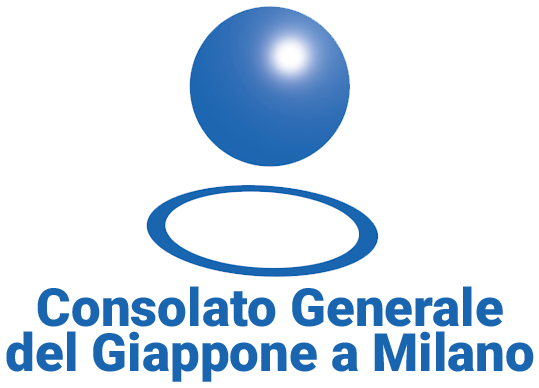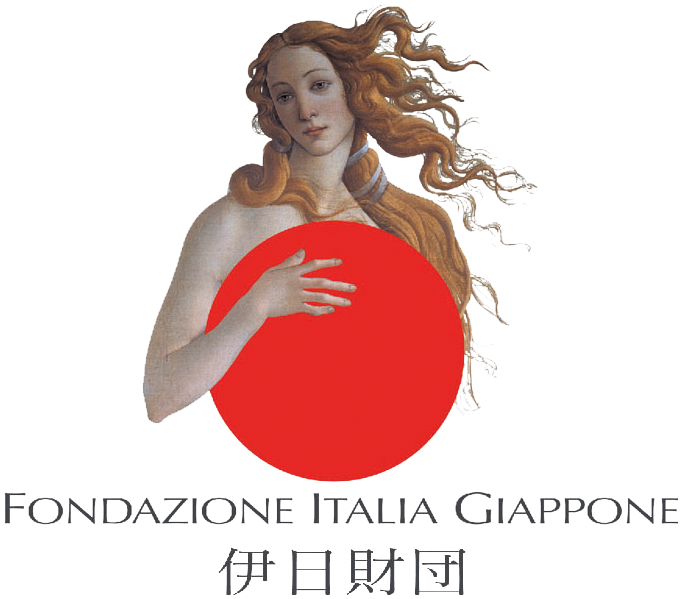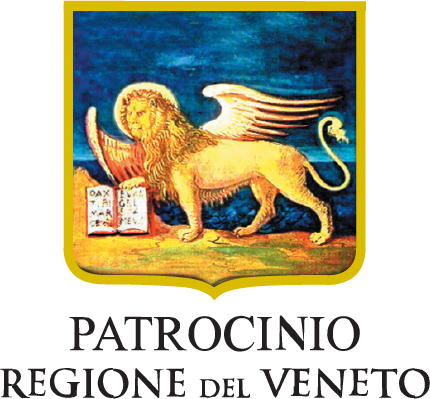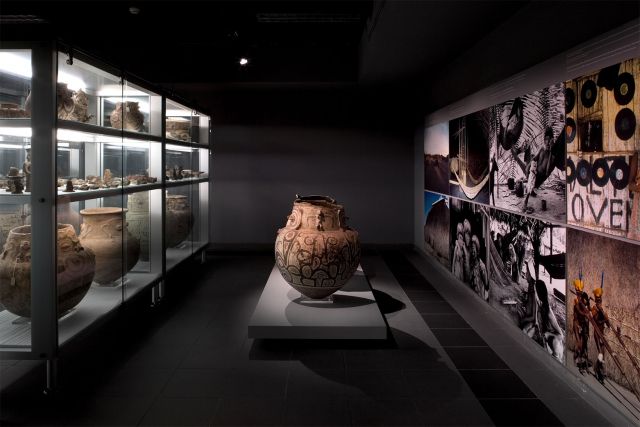
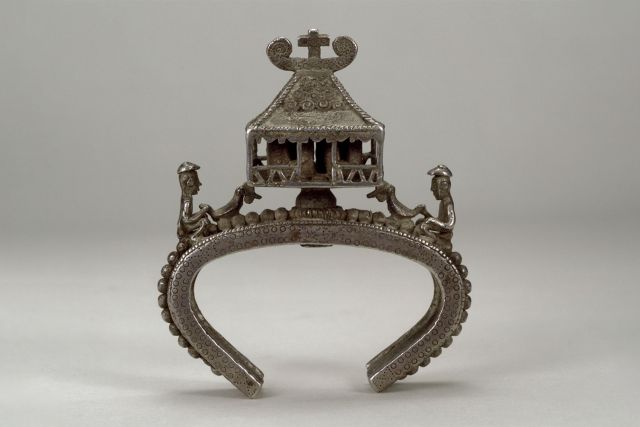
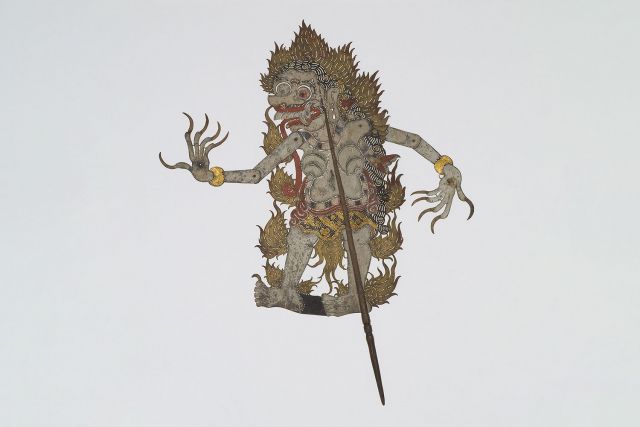
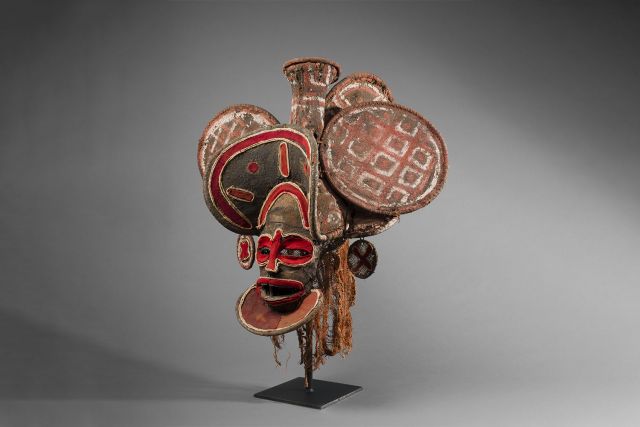
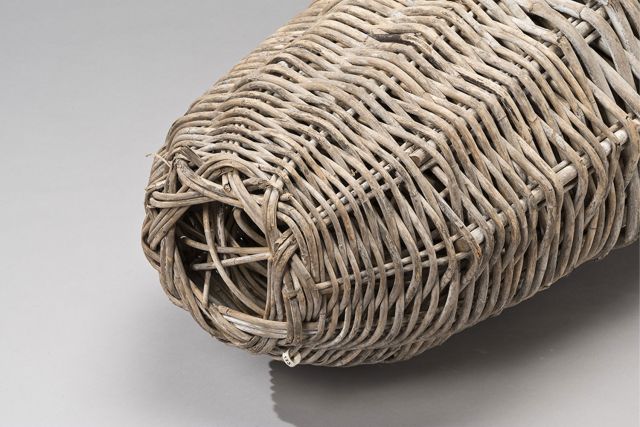
Museu Nacional de Etnologia
- Lisbon, Portugal
- Museum
Monday to Wednesday 14:00 - 18:00, Thursday to Sunday 10:00 - 18:00
+351 2130411609
The National Museum of Ethnology (Museu Nacional de Etnologia MNE) established in 1965, recounts the history of Portuguese anthropology through its ethnographic collection which composes of over 40,000 objects. Most of the items on display derive from Portugal and its former colonies, but there are also pieces representing countries from all over the world. In total 80 countries are represented and five continents. Additionally, the museum houses a collection of 11,600 objects from the Popular Art Museum (Muse de Arte Popular), principally amassed in the 1930s and early 1940s for the propaganda exhibitions hosted by Estado Novo.
The building housing the museum was designed by the architect António Saragga Seabra, and inaugurated in 1976. The museum has seven rotating exhibitions: the Bali shadow theatre; the southwestern Angola dolls; the Cabinda pot lids with sayings; the Mali masks and puppets; the popular Portuguese musical instruments; the Rio de Onor splints and the Franklim sculpture.







